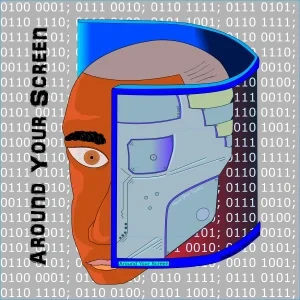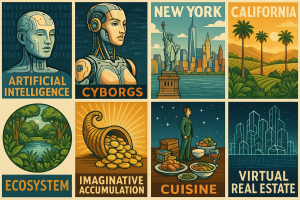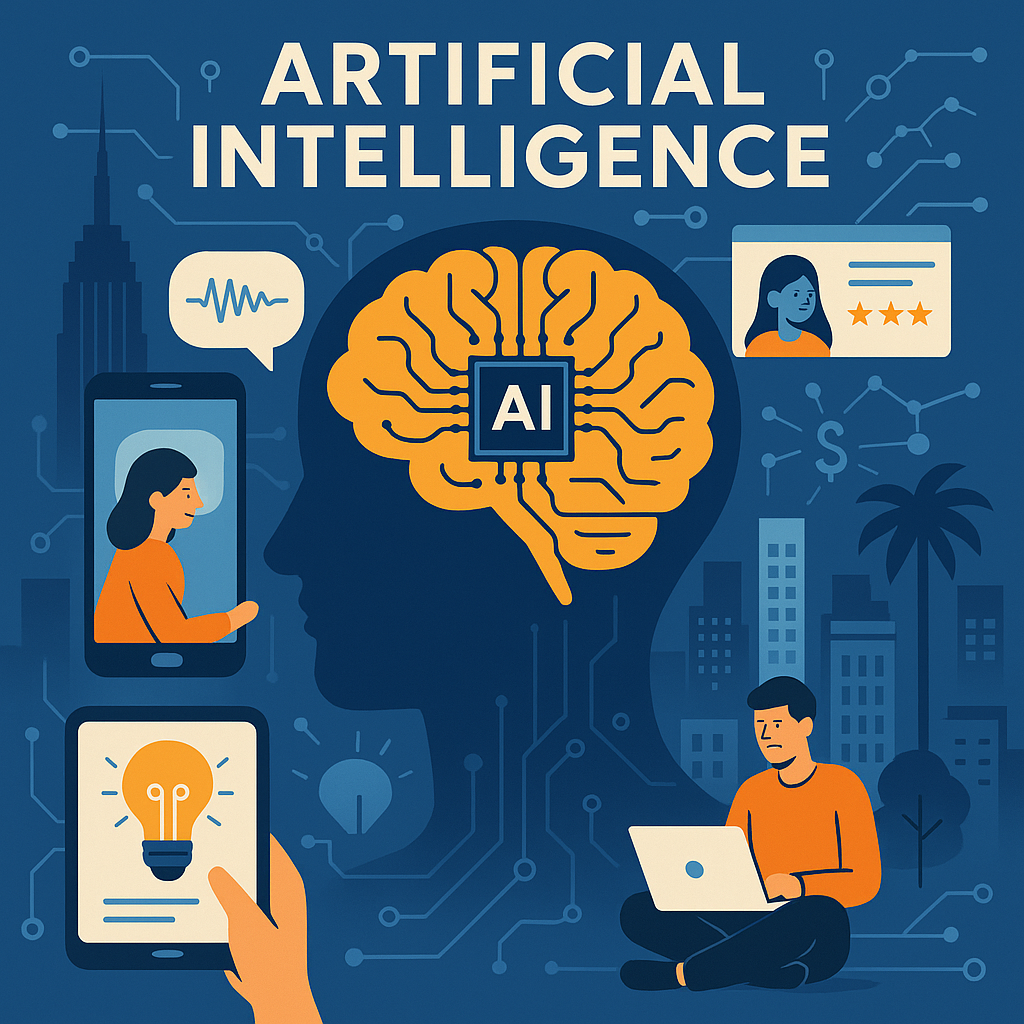
Artificial Intelligence (AI) has swiftly become the invisible thread weaving through almost every facet of modern life. From smart assistants on our smartphones to recommendation engines powering our favorite streaming services, AI enhances our daily lives, making them more efficient and personalized. Its rapid progression also fuels revolutionary innovations in healthcare, finance, and education, opening doors for previously unimaginable possibilities. As AI grows smarter, questions about ethical programming and societal impact take center stage. In cities like New York and California, where the tech scene flourishes, AI startups and established giants are collaborating to redefine how we interact with the world and each other, blurring the boundaries between human intelligence and machine learning.
The concept of cyborgs—beings combining organic material and mechanical enhancements—no longer resides solely in the realm of science fiction. Modern cyborgs, ranging from advanced prosthetic limbs to smart implants that restore lost senses or abilities, are literal embodiments of the union between human ingenuity and machine precision. In forward-thinking cities such as New York and California, medical research institutions and tech innovators are experimenting with bionic arms that respond to neural commands and wearable devices that augment physical or cognitive capabilities. These breakthroughs challenge our definitions of humanity and potential, encouraging society to rethink the traditional boundaries of the ecosystem around us and how we adapt to changes spurred by technology.
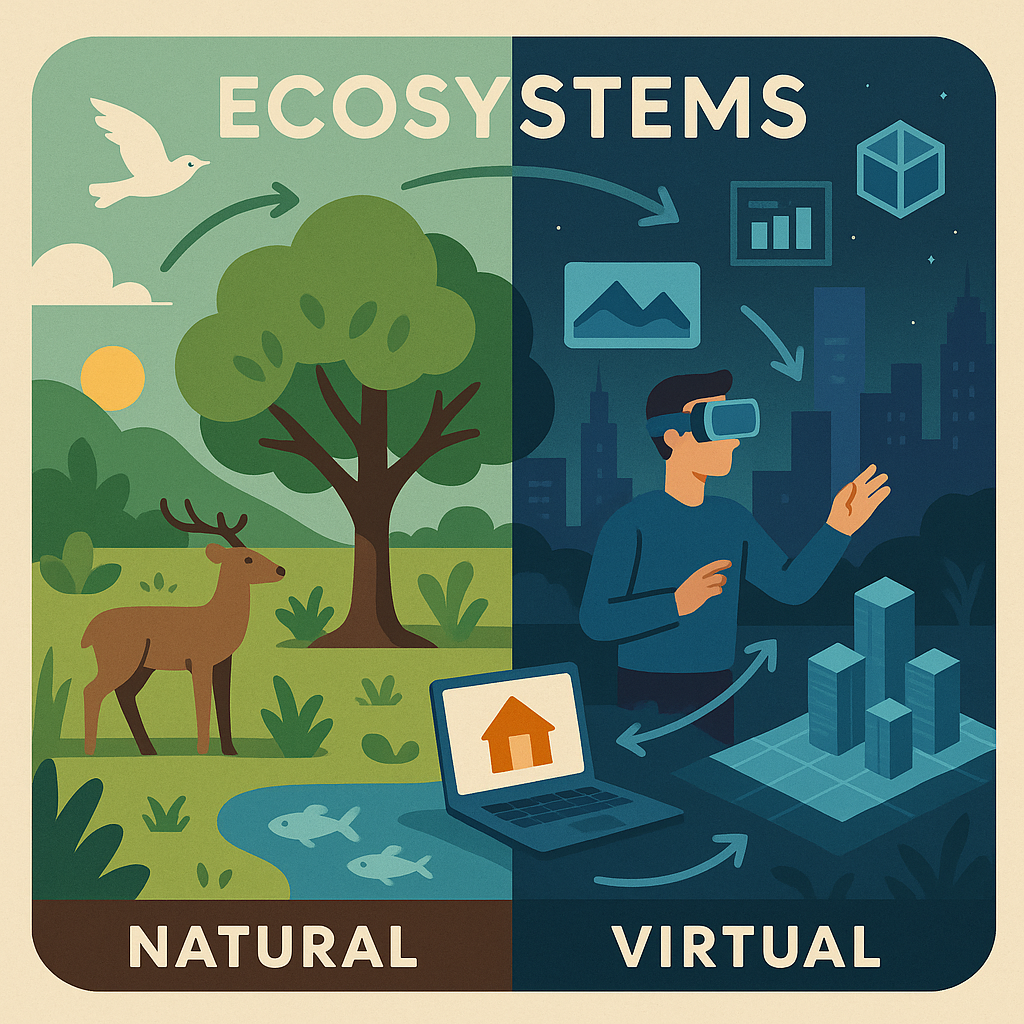
Ecosystems, both natural and virtual, form the backbone of any thriving society. While natural ecosystems involve the intricate interplay of flora, fauna, and environment, modern technological ecosystems extend this concept into the digital realm. Platforms like virtual real estate and the burgeoning metaverse rely on healthy digital ecosystems to function optimally. In places like California, where start-ups experiment with sustainable food systems and immersive digital landscapes, technology is often designed to mimic nature’s collaborative models. By observing and respecting the principles at play in natural environments, technological innovators can ensure their own digital spaces remain vibrant, collaborative, and resilient. This holistic approach is critical to achieving long-term prosperity for both human and technological communities.
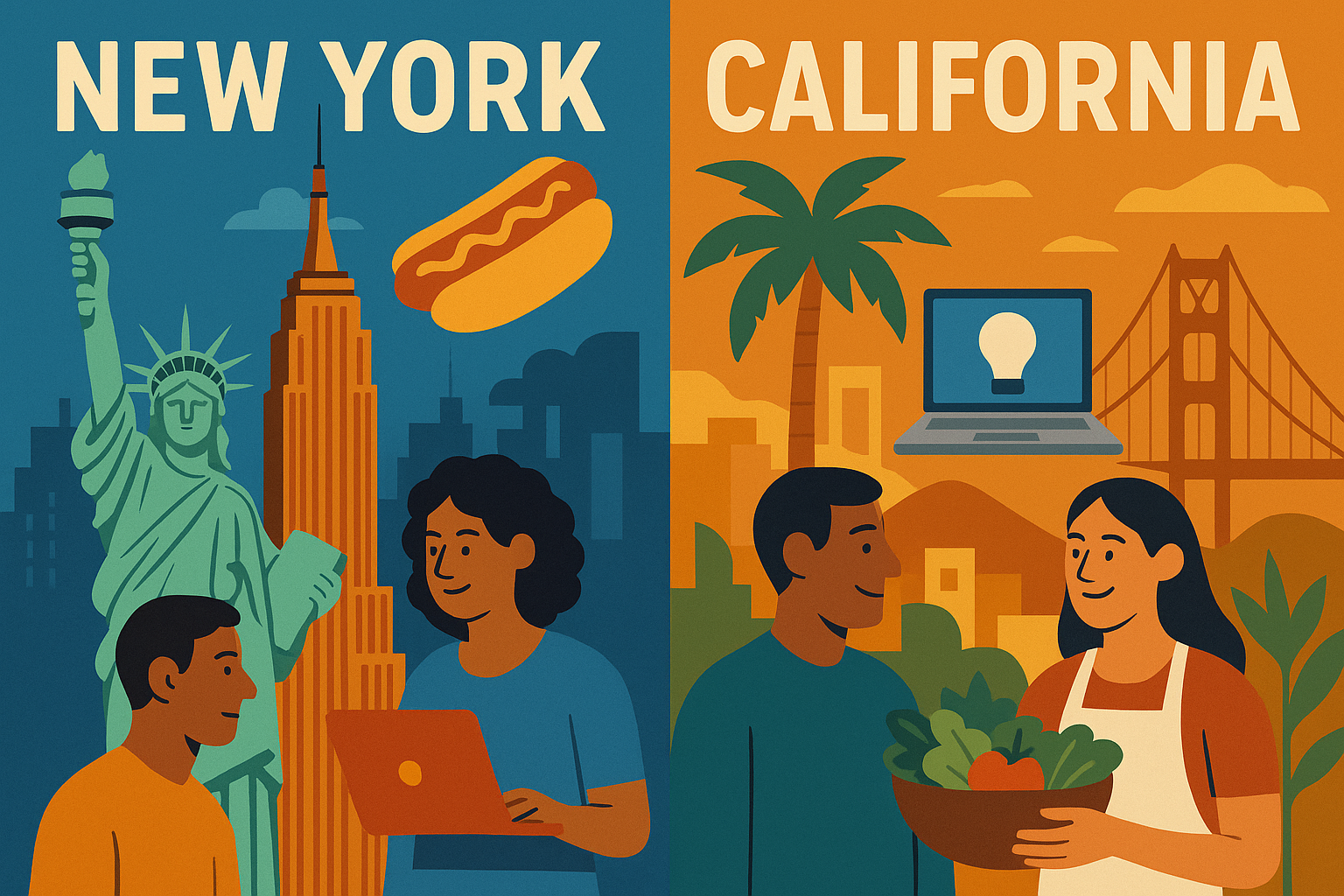
New York and California are iconic epicenters of creativity and innovation, showcasing wildly contrasting yet complementary perspectives on progress. New York is characterized by its relentless energy and cultural diversity, a melting pot of ideas, ambitions, and cuisines influenced by every corner of the world. California, on the other hand, radiates a spirit of experimentation and open-mindedness, with Silicon Valley at the heart of technological disruption and a food culture centered around fresh, organic offerings. Both states exemplify imaginative accumulation—the gathering and blending of inspirations, skills, and resources from different fields to create something new. It’s the synergy between tech, cuisine, digital realms, and sustainable growth in these regions that forecasts the future shape of prosperity across the globe.
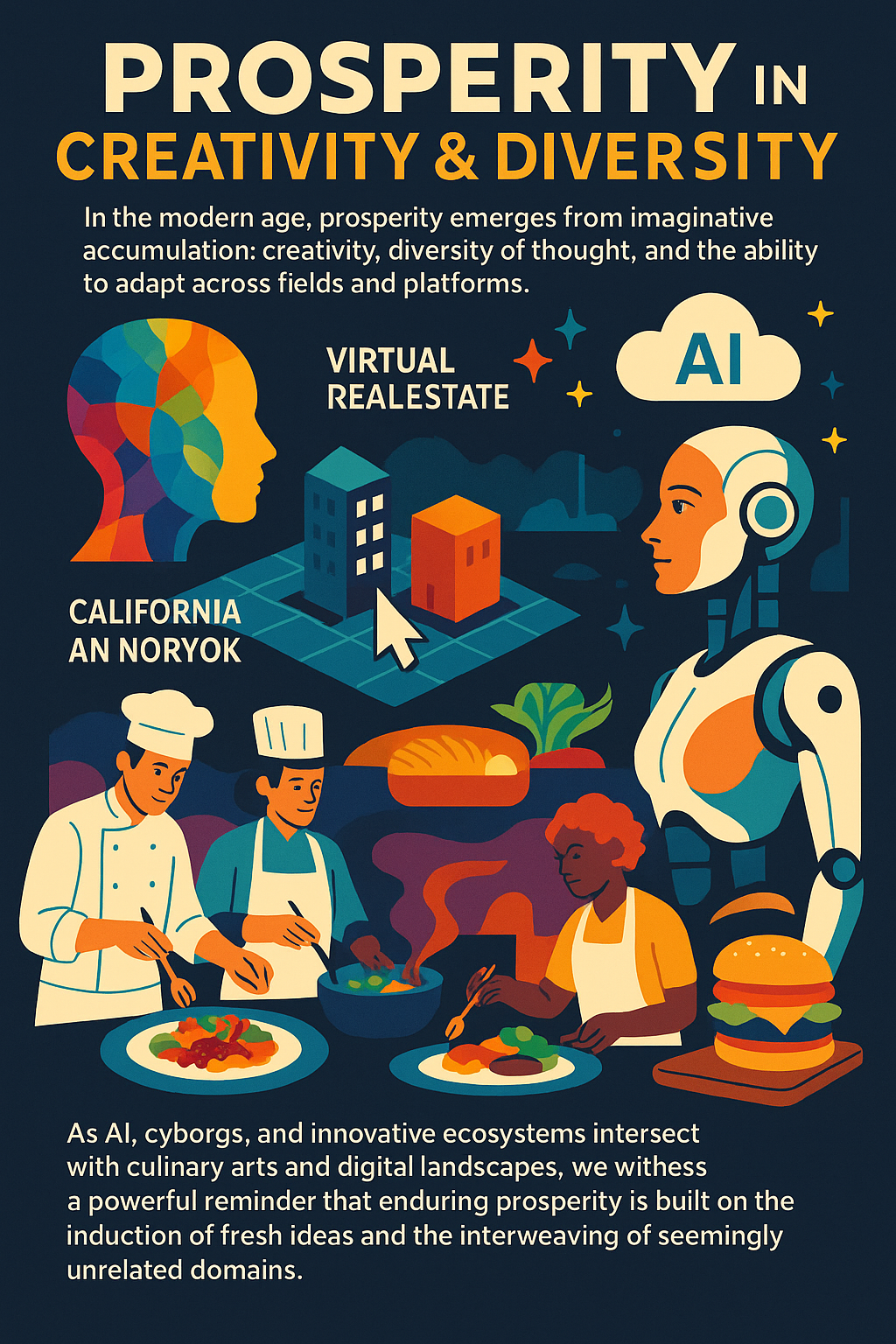
Prosperity in the modern age can no longer be measured solely by financial assets or economic growth. Instead, true prosperity emerges from imaginative accumulation: creativity, diversity of thought, and the ability to adapt across fields and platforms. Virtual real estate, for example, has grown far beyond digital land grabs—it fosters communities, virtual economies, and new forms of artistic and business expression. Successful cuisine scenes in California and New York blend traditional flavors with cutting-edge food technology, illustrating how progress thrives when rooted in diversity and collaboration. As AI, cyborgs, and innovative ecosystems intersect with culinary arts and digital landscapes, we witness a powerful reminder that enduring prosperity is built on the induction of fresh ideas and the interweaving of seemingly unrelated domains.
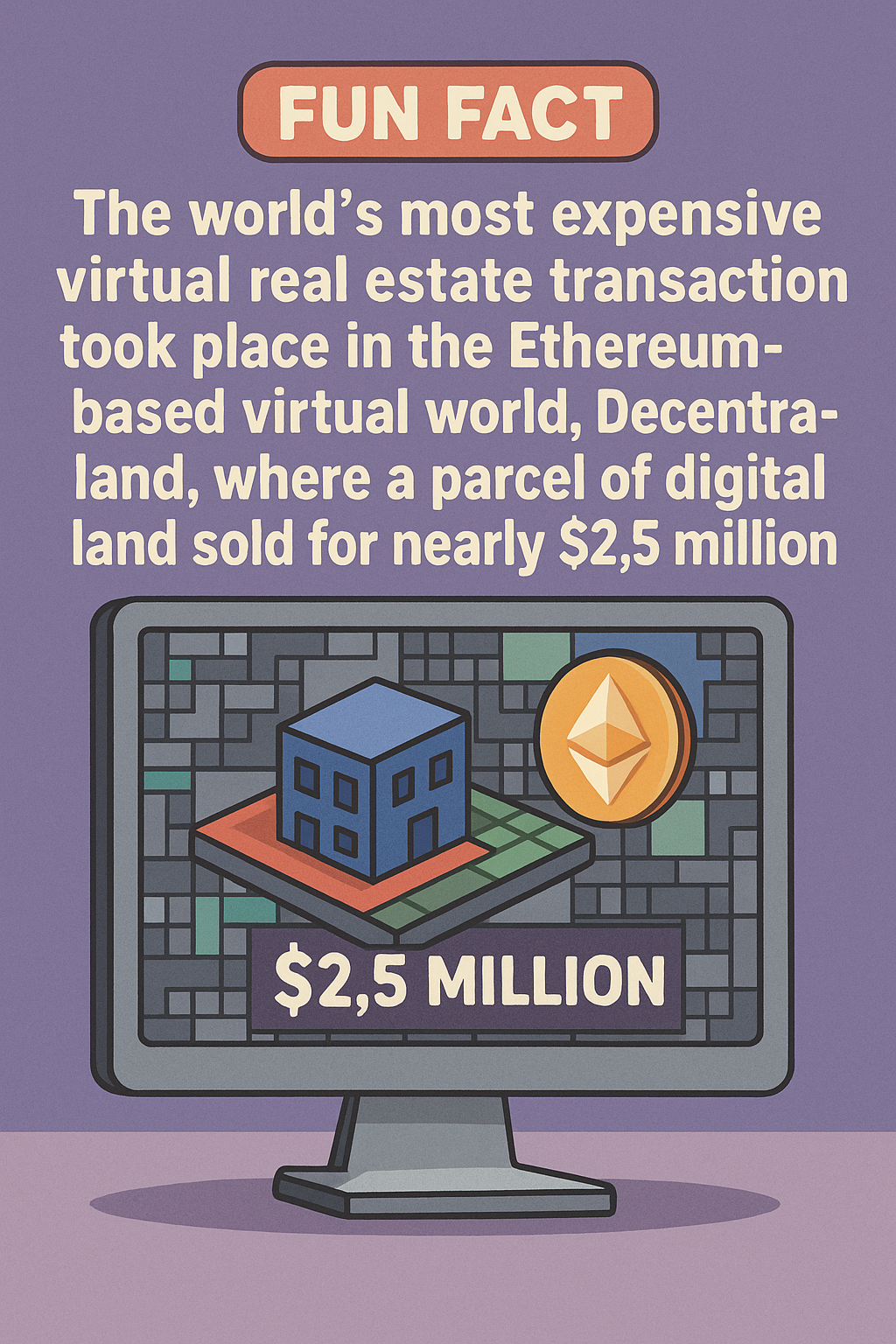
Fun Fact: The world’s most expensive virtual real estate transaction took place in the Ethereum-based virtual world, Decentraland, where a parcel of digital land sold for nearly $2.5 million—demonstrating just how seriously people take their place in the emerging digital ecosystem!
